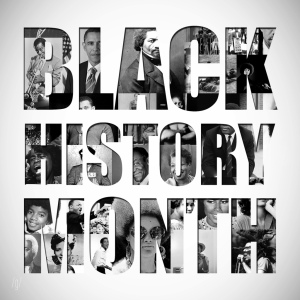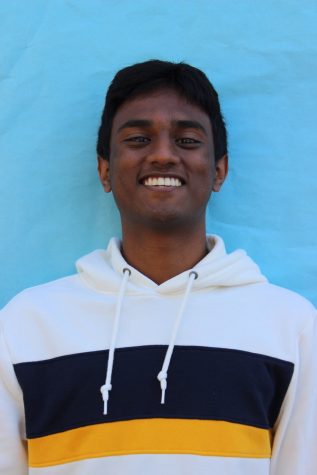Misconceptions hurt the cause of Black Lives Matter
October 3, 2016
Racism is rooted in this country’s history and lately, we’ve seen its link to police brutality. Movements such as Black Lives Matter have risen up to stop the militarization of the police and the blatant racism in police practices, yet the Black Lives Matter movement cannot protest effectively while the platform it stands upon is made illegitimate. Because of misunderstandings and the efforts of white supremacists and moderates alike, we have allowed certain myths to run rampant and to take the focus away from police brutality.
The statement “All Lives Matter” is used in direct response to “Black Lives Matter.” It is a violent statement that suppresses the voices of many. Yes, all lives do matter, but unfortunately our justice system doesn’t acknowledge that. BLM is not saying only Black lives matter, but that Black lives do matter.
As Mr. Julian Pont, a World Geography and AP Psychology teacher at DVHS, who has protested in the BLM movement, puts it, “By saying that [all lives matter], they are omitting the fact that African Americans in this country are treated very unfairly in many of the aspects of life.”
To explain it simply: after a terrorist attack such as the one in Nice, France, it wouldn’t be logical to say “All Cities Matter” when Nice was the one affected. It can be seen how that statement would undermine the international conversation about Nice. Similarly, “All Lives Matter” frames the BLM movement as one that promotes Black supremacy, which is absurd because the movement is simply asking for equality.
There is a misconception that if you are in support of the movement, you are unpatriotic. This myth was most recently fueled by the Kaepernick controversy. The 49ers backup quarterback has sat or kneeled down during the national anthem prior to football games during the 2016-2017 preseason and regular season. Kaepernick has come under fire for this action because it is deemed disrespectful to those who have served in the military. But this doesn’t seem reasonable because he is protesting the unjustified police killings of people of color, and not against those that have served our nation.
Pont shares his thoughts on the Kaepernick controversy, stating, “He’s not breaking any laws at all; if anything, he’s exercising his constitutional rights and as an American, you should appreciate that.”
This rings true because people do not fight for the flag, but rather for what it represents — constitutional rights, including the freedom of speech.
Black Lives Matter is also viewed as anti-police, which simply isn’t true. People often cite the Dallas shootings as an example of violence against police officers caused by Black Lives Matter. The problem with this assumption is that in every movement, there will be some radicals. But, by saying that violence is a norm in the movement is ridiculous and ignorant. To disregard an entire movement because of a few acts of violence, which are most certainly exceptions rather than the norm, is outrageous and brands the movement as a hate group, which ironically, is one of the things it seeks to end.
With the name “Black Lives Matter,” it is understandable that people view the movement as being solely for African Americans. However, that is a mistake.
Pont states, “It’s not an exclusive group. You don’t have to be Black.”
The movement focuses on police brutality and its connection to racism, so in order to support the movement, you do not have to be African American.
With these issues discussed, the most pressing of them all is that of “the White moderate.”
In his “Letter From a Birmingham Jail,” Dr. Martin Luther King Jr. explains, “I have almost reached the regrettable conclusion that the Negro’s great stumbling block in his stride toward freedom is not the … Ku Klux Klanner, but the White moderate, who is more devoted to ‘order’ than to justice; who prefers a negative peace which is the absence of tension to a positive peace which is the presence of justice; who constantly says: ‘I agree with you in the goal you seek, but I cannot agree with your methods of direct action; who … constantly advises the Negro to wait for a ‘more convenient season.’”
In his explanations of the absence of tension and positive peace, King argues that those who are not affected by this problem do not care about what type of system they live in as long as there is order. However, the ideal person should not reside in a society that has injustice rooted in it. Instead, they should seek to reform it. King also makes the argument that by telling African Americans to wait for a better time, “the White moderate” unintentionally prolongs injustice and suppresses the voice of the marginalized.
If we are to truly rid our country of the racism it was built upon, we must at the very least allow the voices of the oppressed to be heard and end the smearing of a legitimate movement.


